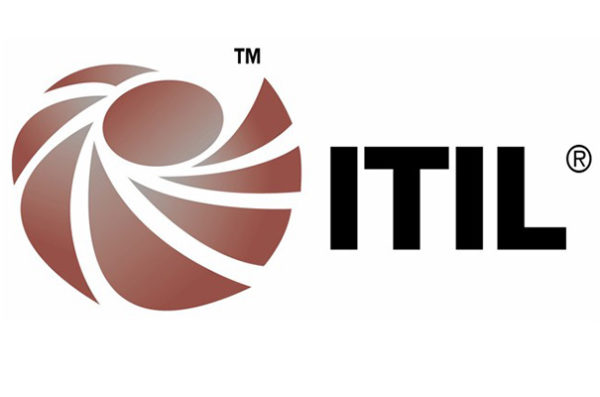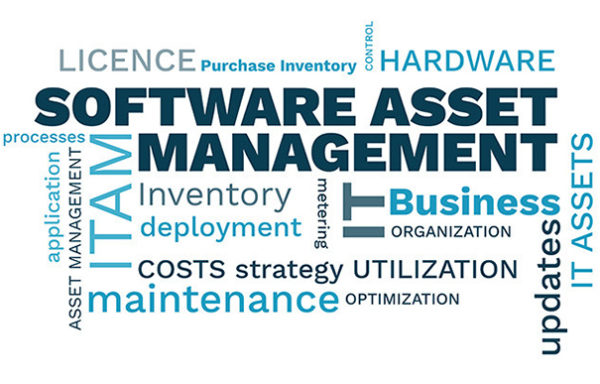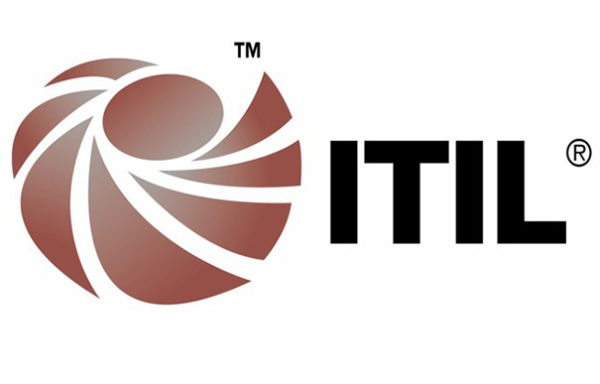ITIL® is comprised of five core publications: Service Strategy (SS), Service Design (SD), Service Transition (ST), Service Operations (SO) and Continual Service Improvement (CSI). It promotes alignment with the business as well as improvement in operational efficiency. The official ITIL® qualification scheme, owned by AXELOS, describes two streams, the Service Lifecycle Stream and the Service Capability stream: – The Service Lifecycle stream focuses on ITIL® practices within the Service Lifecycle context. The primary focus is the Lifecycle itself as well as the processes and practice elements used within it. – The Service Capability stream is for those who wish to obtain an in-depth understanding of specific ITIL® processes and roles. The primary focus is on process activities, process execution and use throughout the IT Service Lifecycle. The ITIL® SS (Service Strategy) course is part of the ITIL® Intermediate Lifecycle stream. The course prepares candidates to take the ITIL® Service Strategy Intermediate exam as well as providing valuable knowledge that can be implemented in the workplace. The Service Strategy Certificate is a free-standing qualification but is also part of the ITIL® Intermediate Lifecycle Stream. It is one of the modules that leads to the ITIL® Expert Certificate in IT Service Management (ITSM). The purpose of this module, exam and certificate is to impart, test, and validate the knowledge on industry practices in IT Service Management as documented in the ITIL® Service Strategy publication.
Description
Durée : 28 heures
Modalités techniques d’évaluation : Évaluation des connaissances par QCM, évaluation des compétences au travers de travaux pratiques et de cas d’études. Contrôle de l’acquisition des connaissances et des compétences pendant la formation par le formateur.
Moyens pédagogiques : Apports théoriques réalisés en classe et complétés par de nombreux travaux pratiques permettent aux participants de disposer d’une expérience concrète. A l’issue des sessions magistrales, réalisation de cas d’études tutorés.
Objectifs pédagogiques
À l’issue de la formation, le participant sera en mesure de :
- This qualification provides a complete management-level overview of Service Strategy including all its related activities: how to design, develop, and implement service management not only as an organizational capability but also as a strategic asset.
- Candidates can expect to gain competencies in the following:
- Introduction to Service Strategy
- Service Strategy principles
- Service Strategy processes
- Governance
- Organizing for Service Strategy
- Technology considerations
- Implementing Service Strategy
- Challenges, critical success factors and risks.
- In addition, the training for this certification includes examination
- preparation, and a mock examination.
Examen
Méthodes pédagogiques
Certification
COURSE INTRODUCTION
- Purpose and objectives
- Scope of Service Strategy
- Service Strategy Processes
- Value to the Business
- Context of Service Strategy
PRINCIPLES
- Purpose, goal, objectives & Scope
- Basic Approach
- Strategy and Opposing Dynamics
- The four P’s
- Outcomes & Outputs
- Services, Value, Utility & Warranty
- Assets – customer, service and strategic
- Service Providers
- Defining Services
- Strategies for customer satisfaction
- Service Economics
- Sourcing Strategy
- Inputs and output with the service lifecycle
PROCESSES
- Purpose, goal, objectives & Scope
- Purpose & Objectives
- Scope
- Value to business
- Policies, principles and basic concepts
- Activities, methods and techniques
- Triggers, inputs, outputs and interfaces
- Critical success factors and key
- performance indicators
- Challenges and risks
GOVERNANCE
- Governance
- Strategy for governance
- Evaluate, direct, monitor
- Governance framework
- What is IT Governance
- Governance bodies
- How Service Strategy relates to Governance
ORGANIZATION
- Organizational development
- Organizational departmentalization
- Organizational design
- Role of service owner
- Strategy, portfolio, financial, and demand roles



